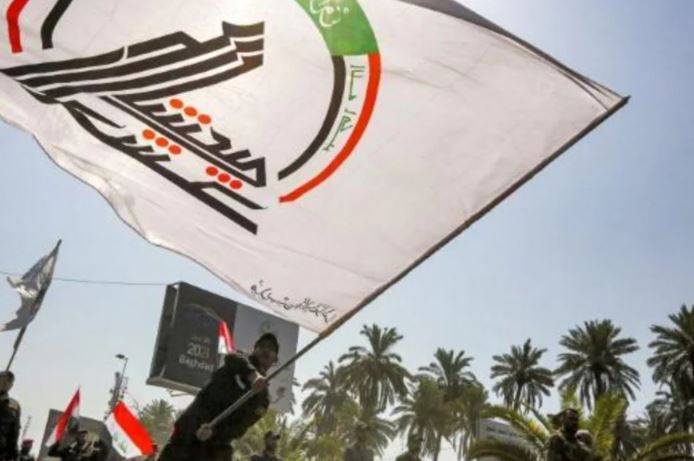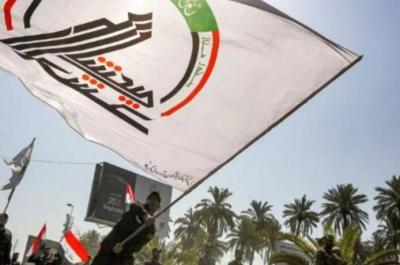The United States informed the United Nations Security Council on Tuesday that it launched airstrikes against Iran-backed armed groups in Syria and Iraq to prevent militants and Tehran from carrying out or supporting further attacks on US forces or facilities. Article 51 of the UN Charter requires any country to immediately notify the 15-member council of any action taken in self-defense against an armed attack.
US Ambassador to the UN, Linda Thomas-Greenfield, stated that the airstrikes targeted facilities used by armed factions responsible for a series of drone and missile attacks on US forces and installations in Iraq. The ambassador noted in a written message seen by Reuters, "This military response was taken after it became clear that non-military options were not adequate to address the threat, and aimed to de-escalate the situation and prevent further attacks."
President Joe Biden sent a similar written message to Congress on Tuesday, stating that "the United States is prepared to take any further actions, as necessary and appropriate, to respond to any threats or additional attacks."
Missiles were reportedly launched at US forces in Syria on Monday in apparent retaliation for the US airstrikes. A US military official said on Tuesday that about 34 rockets were used in the attack, but there were no reported injuries.
Despite close coordination between the US and Iraqi militaries in a separate battle against remnants of the Islamic State in Iraq, both the Iraqi government and military condemned the US airstrikes on the Iran-backed factions.
The US began conducting airstrikes against the group in Syria in 2014 and notified the UN that it acted because President Bashar al-Assad's government failed to eliminate safe havens used by militants to launch attacks on Iraq. At that time, Iraq informed the Security Council that it had requested assistance from the US because the militants' safe havens in Syria made defending its borders impossible.




